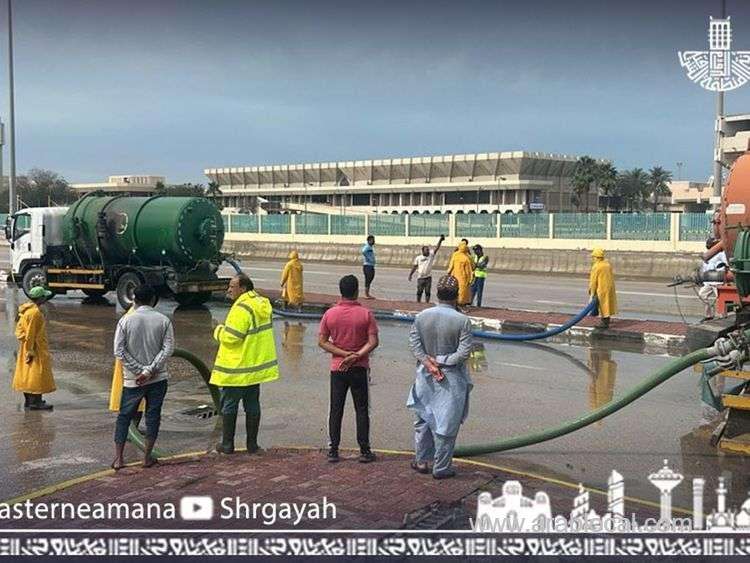Employers in Saudi Arabia are required to provide comprehensive healthcare for their workers, as mandated by the kingdom’s Ministry of Human Resources.
According to Article 144 of the Saudi labor law, employers must offer both preventive and curative healthcare for their employees. This includes assigning doctors to examine workers susceptible to occupational diseases specified in the social insurance system.
A comprehensive medical examination is required at least once a year, with results documented in both the doctor’s and the worker’s records.
Saudi Arabia has been working to regulate its job market and enhance its appeal and competitiveness, particularly for the large expatriate community. In 2023, the Ministry of Human Resources implemented an authentication plan via the Qiwa platform. This plan required private sector institutions to document a significant percentage of their employees' contracts throughout the year to ensure the preservation of contractual rights and to foster a stable labor environment.
Employers have also been urged to register and update data on their businesses and employees through the Qiwa platform. This initiative aims to improve the management and operation of establishments across the kingdom. Deadlines for registration were set for different establishment sizes, with the final deadline in July 2023 for larger employers.
In 2020, Saudi Arabia introduced significant labor reforms, enhancing its sponsorship system. These reforms, which took effect in the following year, allow for job mobility and regulate the issuance of exit and re-entry visas for expatriate workers without requiring employer approval.










